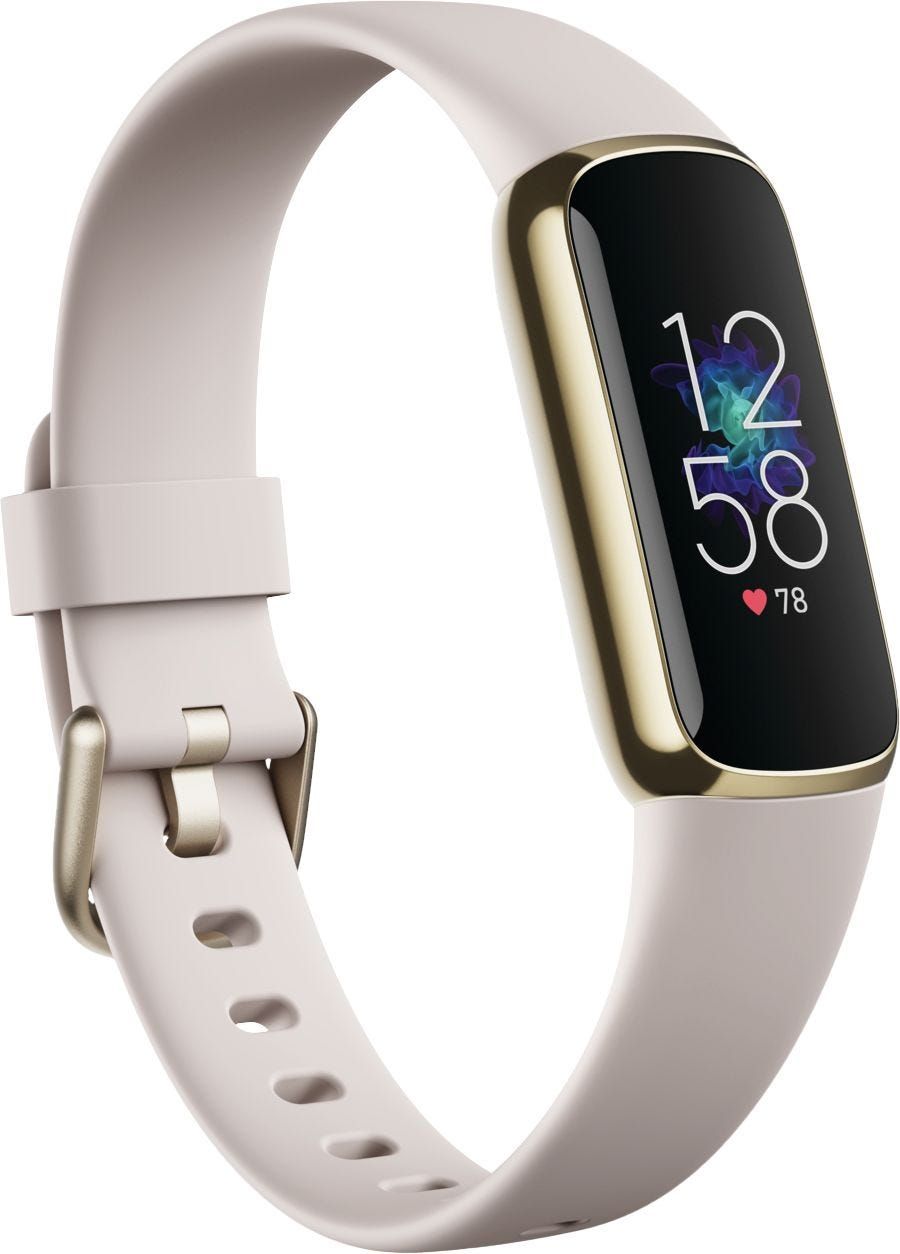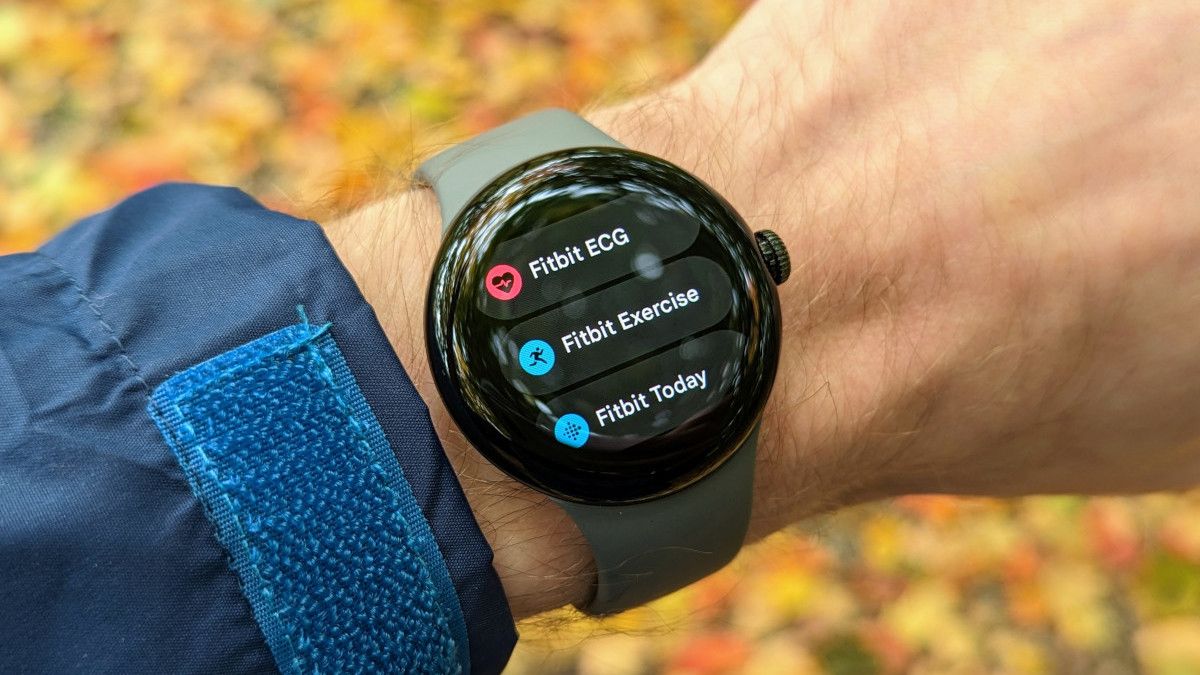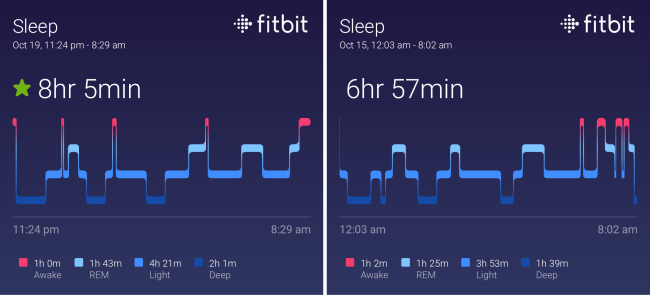From the phone in your pocket to expensive smartwatches, we have the ability to gather tons of health and fitness information. The problem is current health tracking is simply not smart enough to make that data useful.
Health Tracking on an Island
Smart devices have allowed us to easily track things that would previously have required specialized medical equipment. You can walk into Best Buy and spend $100 or less on a device that can record your heart rate every second of the day. That's pretty amazing.
Heart rate, of course, is just one of many things we can now track with phones and wearables. You can also track your sleep, daily steps, water consumption, diet, calories, workouts, body composition, weight, and more. If you really dive in, you can learn a lot about your body.
The problem is the current state of health tracking is very segregated. Sure, you can track all the things mentioned above, but that data mostly stays isolated on its own little islands. That greatly limits how useful it can be to you.

Fitbit Luxe
A stylish and compact Fitbit with a vibrant AMOLED display, 24/7 heart rate recording, and up to five days of battery life.
Health Data Needs Context
The critical component that's missing from smart health tracking is context. Sleep tracking is a perfect example of this problem. Wearing an Apple Watch while you sleep isn't actually helpful if the data doesn't have context.
If you track sleep like most people, you probably wake up, look at the handy little graph of your sleep cycles, utter something about how you need more deep sleep, and then do absolutely nothing to make that happen. How could you? That chart doesn't provide any actionable information.
To make meaningful changes, you'd need to figure out what's causing the lack of deep sleep. Do you sleep worse when you don't get enough steps? Are certain foods before bedtime disrupting your sleep? Are high stress levels making it hard to fall asleep?
All the health data in the world isn't very helpful if it's always isolated. We need to be able to integrate the data and make meaningful correlations.
Smarter Health Tracking
Sleep tracking is just one area that could benefit from smarter health and fitness data. The same problem exists in tracking workouts, weight, stress, and more. We have the ability to record and track tons of data, but the apps aren't helping us put it to good use.
Let's say I track my sleep and how much water I drink every day---two pretty simple things to do with Samsung Health. When I go for a run---also using Samsung Health---it would be great if the app could show me how my performance is worse when I sleep poorly or don't drink enough water.
My situation isn't even a difficult one---I'm putting all the data into the same app and it's still not being used to make connections. What if you track health and fitness with a few different apps? Apple Health and Google's Health Connect seem like they might help with this, but the problem is the same.
Google's Health Connect allows apps to share information between each other. Your daily calories can sync from MyFitnessPal to Samsung Health, but that's essentially the same as if you recorded it in Samsung Health to begin with. The data is still not being used to show correlations.
Right now, it's up to us to do the legwork and find the connections that we can use to make meaningful changes. Even the best fitness trackers aren't smart enough to do it for us. It's long overdue for "smart" health tracking to make this easier.


